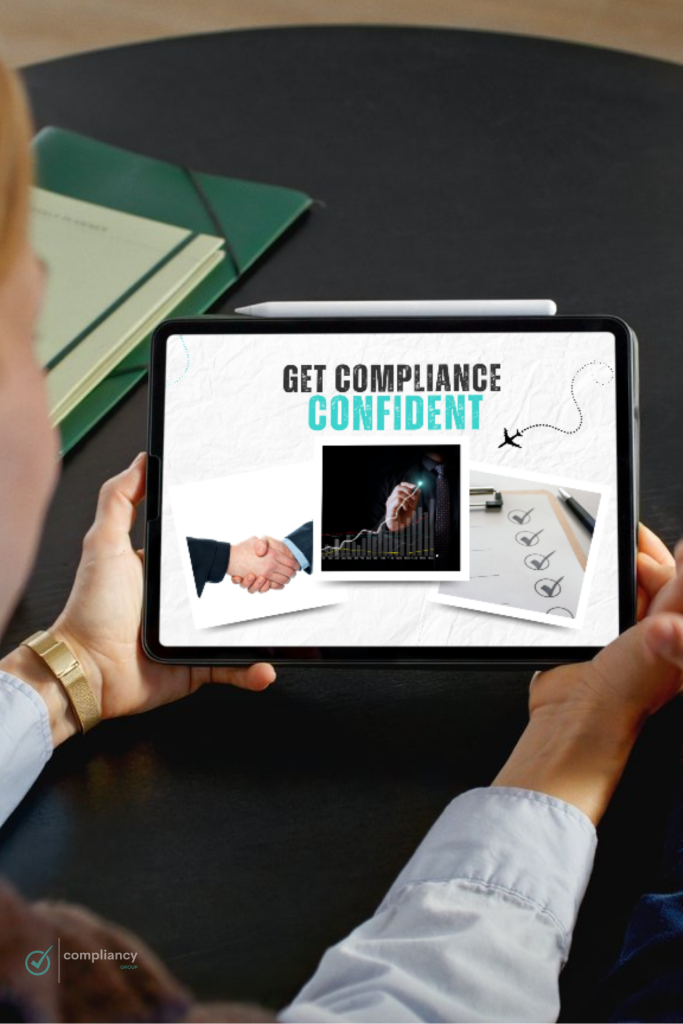NERS Accreditation
National Electricity Registration Scheme (NERS)
The National Electricity Registration Scheme (NERS) has been developed to allow providers (commonly known as independent connections providers) to carry our contestable connection work.

NERS Accreditation
If you wish to carry out contestable connection work within the contestable market, as defined by OFGEM, you must be accredited under this scheme. Our NERS Consultants can assist you in ensuring your management systems are fully compliant with NERS accreditation requirements and will pass any 3rd party assessment. The scopes of registration are as follows:
- Design
- Project Management
- Cable laying (LV,11kV, 33kV, 132kV)
- Cable jointing (dead LV, live LV,11kV, 33kV, 132kV)
- Overhead lines wooden pole and/or steel tower (up to 132kV)
- Substation installation (up to 11kV/415V)
- All associated civil engineering works including excavation, cable laying and backfilling
- Network switching and intrusive cable identification
Why Compliancy Group & what can we offer?

Did you also know we could help with MURS.
If you are considering NERS, WIRS, and GIRS for your company, it is crucial to take into account the benefits of also obtaining MURS (Multi-Utility Recognition Status). MURS is not a standalone accreditation; rather, it complements existing certifications. Only companies holding NERS (at 1st tier level), GIRS, and WIRS, while meeting the scheme requirements, will be eligible for automatic inclusion in the MURS register. Although they will not directly hold MURS accreditation, being on the MURS register signifies a higher level of competence and multi-utility capability.
By implementing MURS, the utility industry can eliminate redundant procedures and validation processes that commonly exist across different utility schemes. This streamlines operations and brings several advantages:
MURS (Multi-Utility Recognition Status)
- Reduction in the number of annual surveillance visits, which eases the administrative burden on companies while ensuring compliance with standards.
- A revised approach to the 3-yearly re-appraisals will enhance efficiency and effectiveness, leading to smoother evaluations and continued improvements.
- Companies awarded MURS will be promoted for their multi-utility capability through scheme-specific web listings, boosting their visibility and credibility in the industry.
- The implementation of MURS will involve a designated assessor who will liaise with the utility provider and coordinate the input of scheme-specific assessors, ensuring a unified and standardised evaluation process.
NERS Benefits: For Your Business
All distribution network operators (DNOs) on mainland UK recognise this scheme and, provided that the NERS providers hold the appropriate UK utility schemes accreditations, the NERS provider can compete for work within the contestable connections market. When awarding contracts to registered NERS providers, the developer, who is usually the client organisation, can be confident that once the work has been completed, the host DNO will adopt the connection for the remainder of its lifetime. All contractors who wish to undertake any part of the contestable connections process including project management, design, cable installation etc require the relevant accreditation.

Accreditation
Recognised by all UK DNOs

Independent
Assessment and registration process

Assignment
Of an accreditation mark which will represent the achievement of a high technical, quality and safety standard

LRQA
Website listing of registered service providers
Benefits of COMPLIANCY GROUP's Services

Broader Business Opportunities
NERS accreditation allows contractors to undertake work directly for Distribution Network Operators (DNOs) and other independent organisations. With the accreditation, companies can demonstrate they have met rigorous safety and competence standards, which can unlock a wider range of projects and contracts within the electricity distribution sector.

Elevated Credibility
Gaining NERS accreditation bolsters a company's reputation and standing within the electricity sector. It's a clear indication that the contractor meets stringent industry standards, which can enhance trust among clients, stakeholders, and industry peers.

Efficient Work Approvals
With NERS accreditation, contractors can benefit from a more streamlined process when seeking approvals for electricity network projects. This recognition across the industry reduces the need for multiple and repeated assessments by different DNOs, leading to faster project initiation and less administrative overhead.
Frequently Asked Questions
What is NERS accreditation?
NERS stands for National Electricity Registration Scheme. It’s a UK-based scheme that recognizes Independent Connection Providers (ICPs) as competent to design, install, and connect electricity networks to the National Grid, up to and including 132kV. The scheme allows these ICPs to work within the UK Distribution Network Operators’ regions (DNOs) for specific works.
What does NERS do?
NERS acts as an accreditation scheme to ensure that Independent Connection Providers (ICPs) meet stringent technical, safety, and competency standards when carrying out electrical connections to the national electricity network. By accrediting ICPs, NERS provides assurance to the DNOs and other stakeholders that the ICPs’ work will meet the required standards.
How do I become an independent connection provider?
To become an ICP:
- Familiarise yourself with the requirements and guidelines for NERS.
- Ensure you have the necessary technical and safety competencies within your organisation.
- Apply for NERS accreditation, providing relevant documentation about your organisation and its capabilities.
- Undergo the technical and safety assessments set out by NERS.
- Address any non-conformities or gaps identified during the assessment.
- Once all requirements are met and you successfully pass the assessment, you’ll be granted NERS accreditation, allowing you to operate as an ICP.
What are the requirements for a NERS Accreditation?
The specific requirements for NERS accreditation can vary depending on the scope of works and the level of voltage you intend to work with, but in general, they include:
- Demonstrating technical competency: This often involves having qualified personnel, necessary equipment, and adherence to industry standards and procedures.
- Effective health and safety management systems, ensuring that works are carried out safely.
- A quality management system that aligns with industry standards.
- Successful completion of both initial and ongoing audits and assessments carried out by the accrediting body.
- Evidence of necessary insurances.
- Demonstrating knowledge and adherence to industry regulations and requirements.

